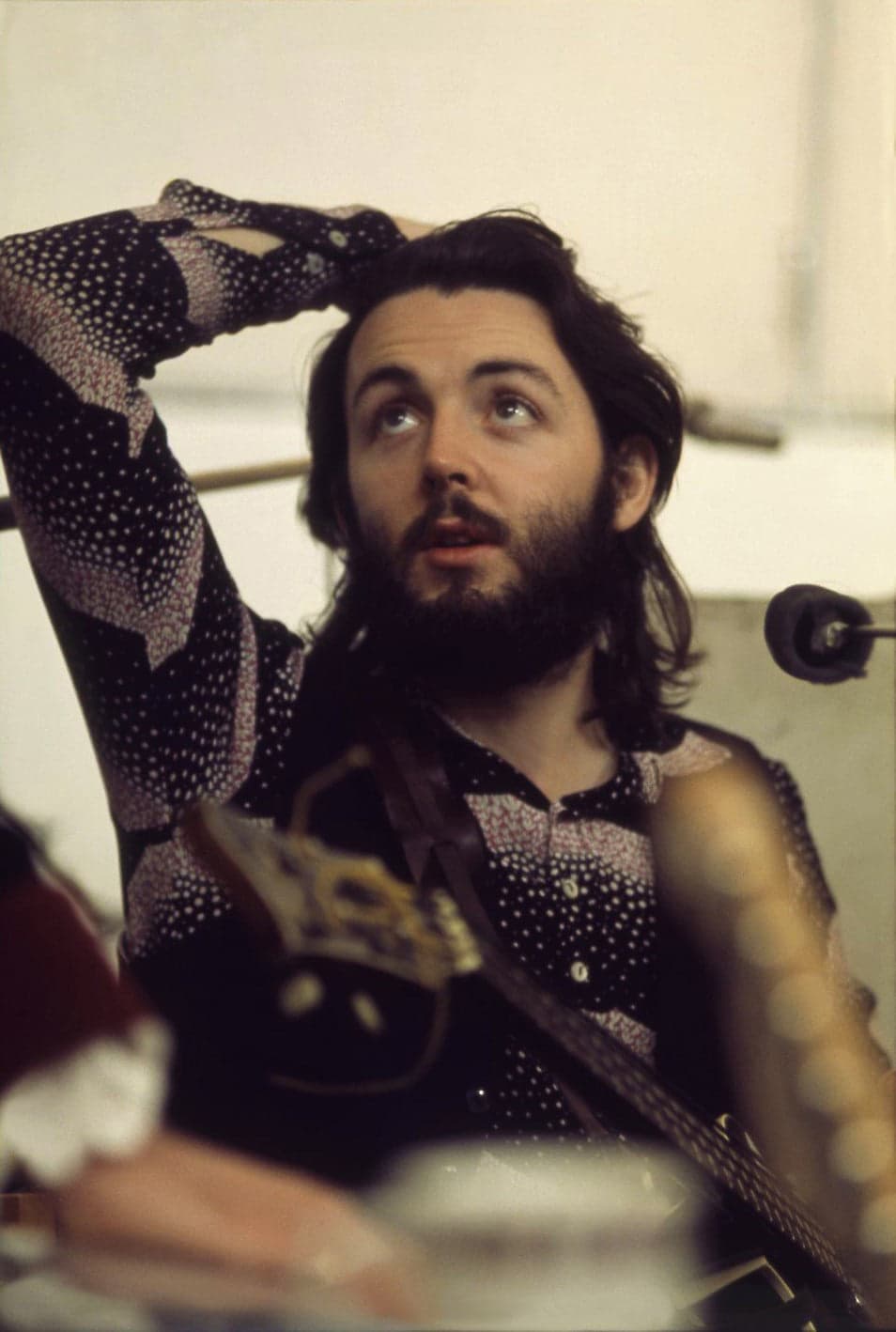McCartney's "Get Back" Emerges in Minutes Amidst Beatles' 1969 Sessions

London, UK – Paul McCartney spontaneously composed The Beatles' classic song "Get Back" in mere minutes during a recording session on January 7, 1969, a moment captured and widely celebrated as a testament to his creative genius. The rapid development of the iconic track occurred amidst the band's "Get Back" sessions, later to be known as "Let It Be," at Twickenham Studios. As Brian Roemmele highlighted in a recent social media post, this event exemplifies "how magic happens."
The January 7th session was part of a challenging period for The Beatles, characterized by growing internal tensions and discussions about the group's future direction. Despite the strained atmosphere, this day proved musically significant, witnessing the initial recorded performances of several key songs, including early versions of "The Long And Winding Road" and "Golden Slumbers," alongside the birth of "Get Back."
"Get Back" originated organically from an unstructured jam session, with McCartney improvising melodies and chord progressions on his Höfner bass. He began ad-libbing vocalizations, drawing inspiration from George Harrison's "Sour Milk Sea" for the iconic line, "Get back to where you once belonged." This spontaneous creation was later described by McCartney himself in the single's press release: "We were sitting in the studio, and we made it up out of thin air... we started to write words there and then."
The song continued to evolve over subsequent days, with Billy Preston joining the band on electric piano on January 22, adding a distinctive sound. Multiple takes were recorded, and the track was eventually released as a single on April 11, 1969, credited to "The Beatles with Billy Preston." It quickly soared to number one in the United Kingdom and the United States, becoming one of the band's most enduring hits.
The documented genesis of "Get Back" provides a rare glimpse into the raw, collaborative, and often chaotic creative process of one of the world's most influential bands. The footage from these sessions, later featured prominently in the "Let It Be" film and the "Get Back" documentary series, immortalized McCartney's instantaneous composition, cementing its place in music history.